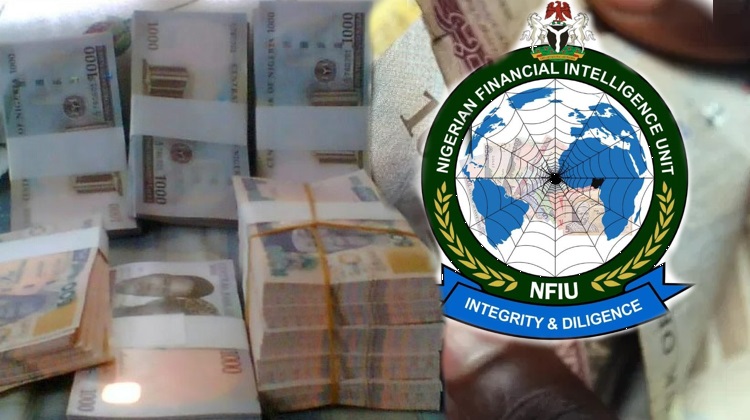Nigerian Financial Intelligence Unit (NFIU) has uncovered how global crowdfunding and sports betting platforms fund terrorist organisations in Nigeria such as Boko Haram, ISWAP, the Indigenous People of Biafra (IPOB), bandits and other such groups.
NFIU, in a newsletter, said terrorist groups receive funds through crowdfunding, online transactions, and betting platforms.
The financial intelligence unit said it had identified a network of affiliates of IPOB across 22 countries, through a report it received.
It also revealed how IPOB received funds through affiliates in 22 countries that have registered at least 27 entities under the group’s name.
According to the newsletter, seven of the registrations were made in the United States, while six were in the United Kingdom.
It added that over $160,000 raised by IPOB through crowd-funding was funnelled to transmission, media and broadcasting companies in Bulgaria, South Africa, and the UK.
Part of the report read, “The analysis further indicates that the group (IPOB) has several bank accounts in different countries where funds are being received from various contributors with the narrations ‘monthly dues’, ‘services’ and ‘for ESN,’ among others, then later disbursed for various operations.”
The organisation also revealed that a betting platform simply identified as XC filed a suspicious transaction report on a 24-year Nigerian customer from North-Central Nigeria.
The newsletter read, “This 24-year-old from Nigeria’s North-Central region received over N350,000 in his betting wallet, believed to be ransom money from a kidnapping.”
In another case, the financial intelligence unit exposed a terrorist attempting to evade being detected. It noted that the individual made structured cash withdrawals from different Automated Teller Machines (ATMs) and purchased flight tickets to high-risk areas using credit cards.
The NFIU explained that whenever the individual exceeded his withdrawal limit, he would adopt alternative methods of travel.
“The terrorist then attempted suspicious transfers exceeding €1,000 to a local charity with potential links to terrorism. These transactions, along with others for luxury goods and escort services, raised red flags,” the newsletter added.





